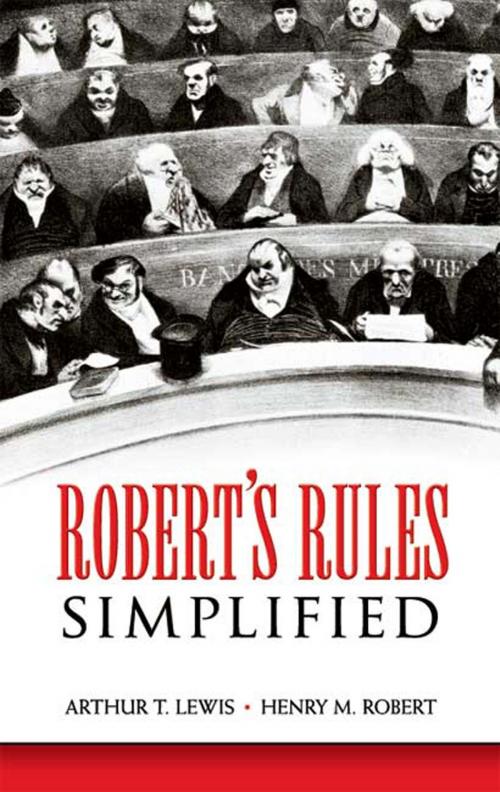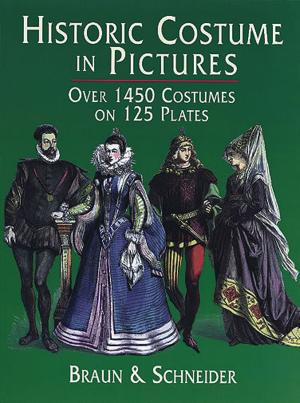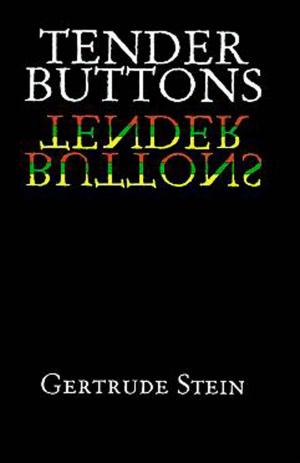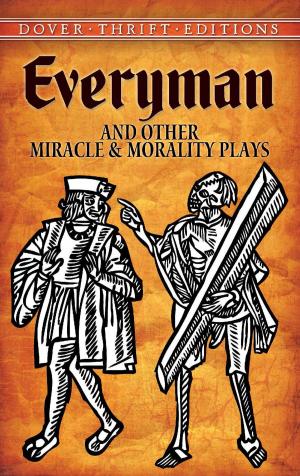Robert's Rules Simplified
Business & Finance, Business Reference, Nonfiction, Social & Cultural Studies, Social Science| Author: | Henry M. Robert, Arthur T. Lewis | ISBN: | 9780486113678 |
| Publisher: | Dover Publications | Publication: | March 5, 2012 |
| Imprint: | Dover Publications | Language: | English |
| Author: | Henry M. Robert, Arthur T. Lewis |
| ISBN: | 9780486113678 |
| Publisher: | Dover Publications |
| Publication: | March 5, 2012 |
| Imprint: | Dover Publications |
| Language: | English |
Who has the floor, and how do you make a motion? What keeps a meeting from collapsing into chaos? This bible of parliamentary procedures transforms complex rules of conduct into easy-to-understand basics. Anyone participating in club or civic meetings, seminars, or teleconferences will consult this invaluable guide time and time again.
"Where there is no law, but every man does what is right in his own eyes, there is the least of real liberty," declared General Henry M. Robert. His 1896 book, Robert's Rules of Order, provided the remedy, with guidelines for orderly, smooth, and fairly conducted meetings. This edition of the famous rules began as a series of eighteen articles that appeared in The Christian Science Monitor. It makes parliamentary procedures easier to understand by explaining the reasons behind them, boiling them down to a few memorable fundamentals that form the basis for a sound and practical working knowledge. Topics include by-laws, the right and wrong ways to postpone action, how to amend and substitute, delegating duties, keeping on track, taking a vote, uses and duties of committees, and much more. Numerous examples and a user-friendly format make this volume ideal for clear and quick reference.
Who has the floor, and how do you make a motion? What keeps a meeting from collapsing into chaos? This bible of parliamentary procedures transforms complex rules of conduct into easy-to-understand basics. Anyone participating in club or civic meetings, seminars, or teleconferences will consult this invaluable guide time and time again.
"Where there is no law, but every man does what is right in his own eyes, there is the least of real liberty," declared General Henry M. Robert. His 1896 book, Robert's Rules of Order, provided the remedy, with guidelines for orderly, smooth, and fairly conducted meetings. This edition of the famous rules began as a series of eighteen articles that appeared in The Christian Science Monitor. It makes parliamentary procedures easier to understand by explaining the reasons behind them, boiling them down to a few memorable fundamentals that form the basis for a sound and practical working knowledge. Topics include by-laws, the right and wrong ways to postpone action, how to amend and substitute, delegating duties, keeping on track, taking a vote, uses and duties of committees, and much more. Numerous examples and a user-friendly format make this volume ideal for clear and quick reference.















